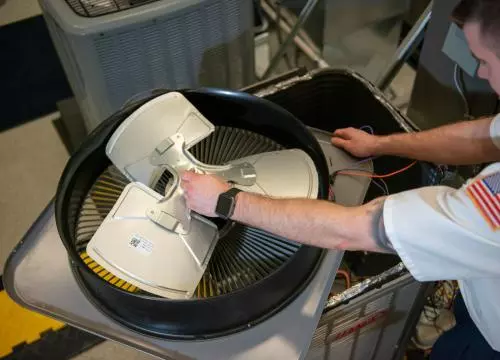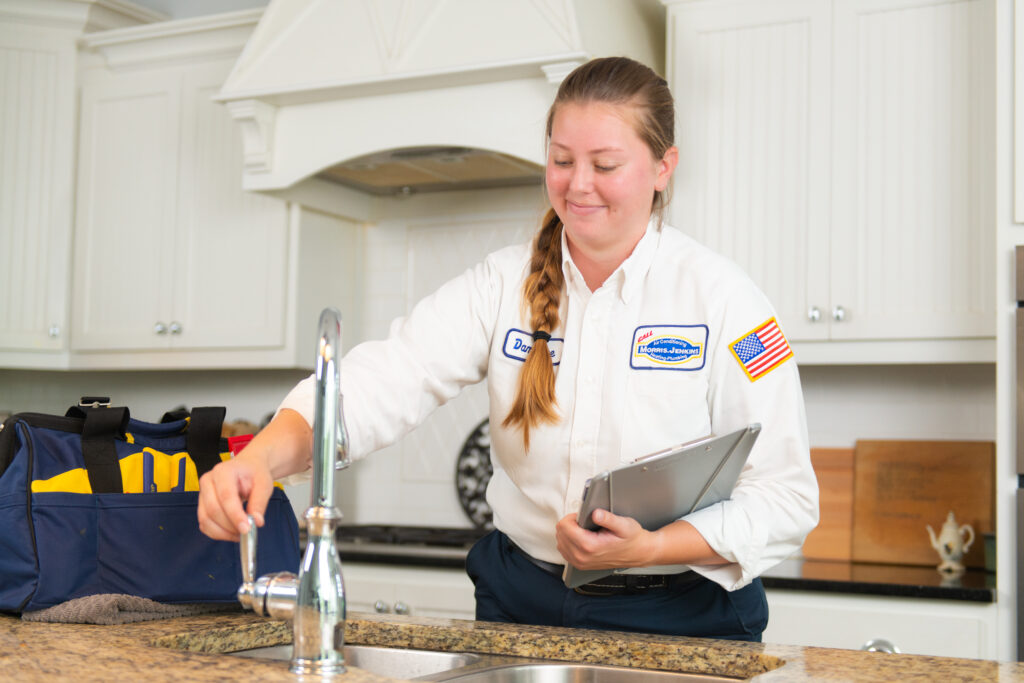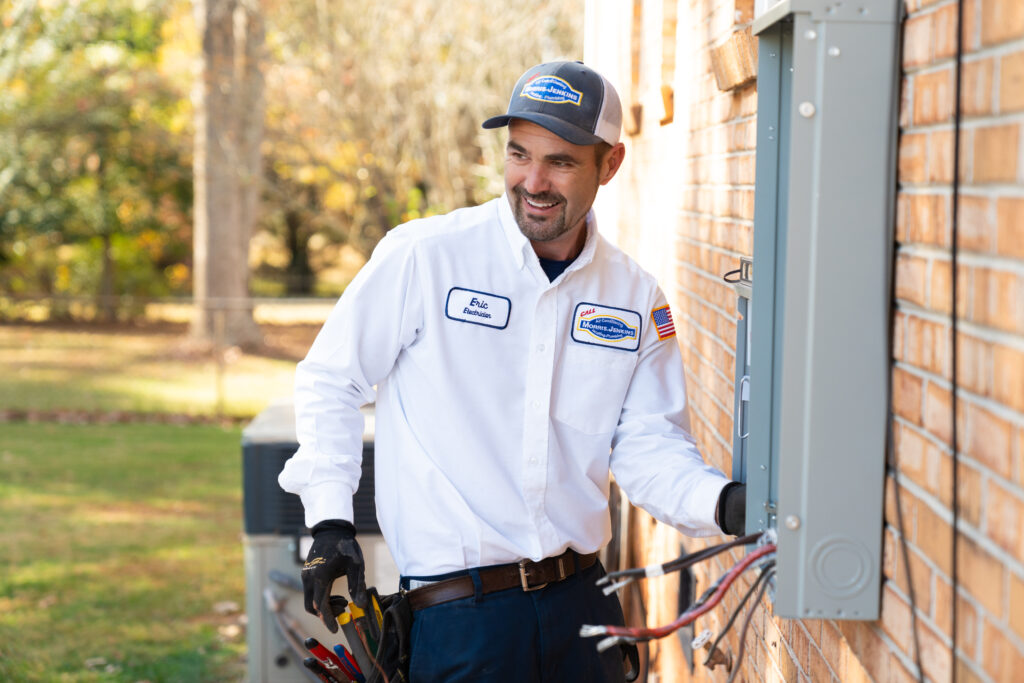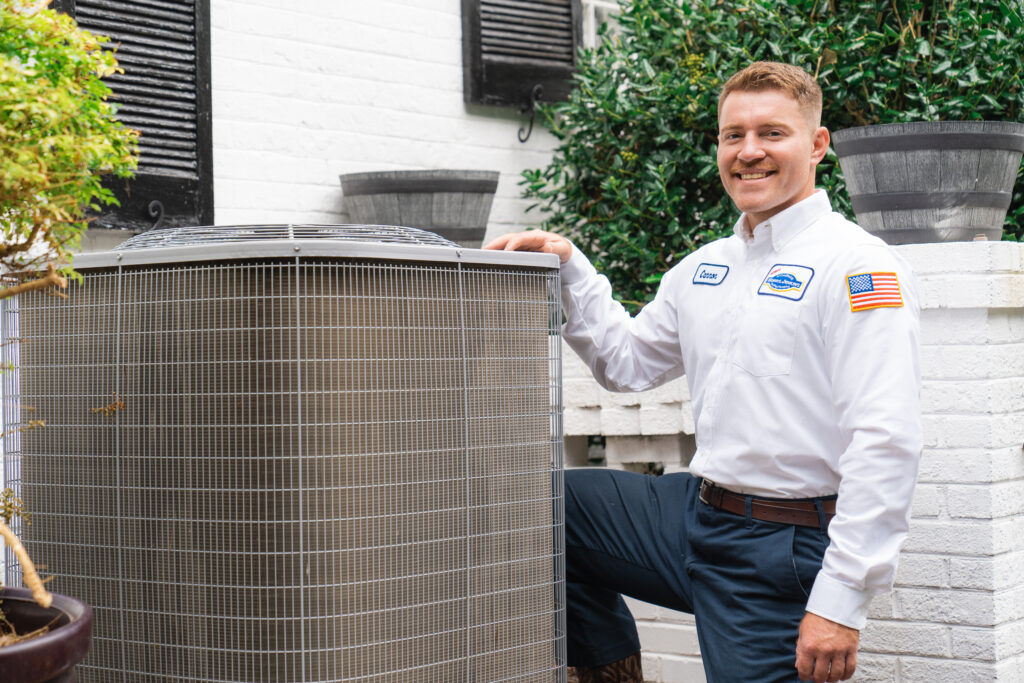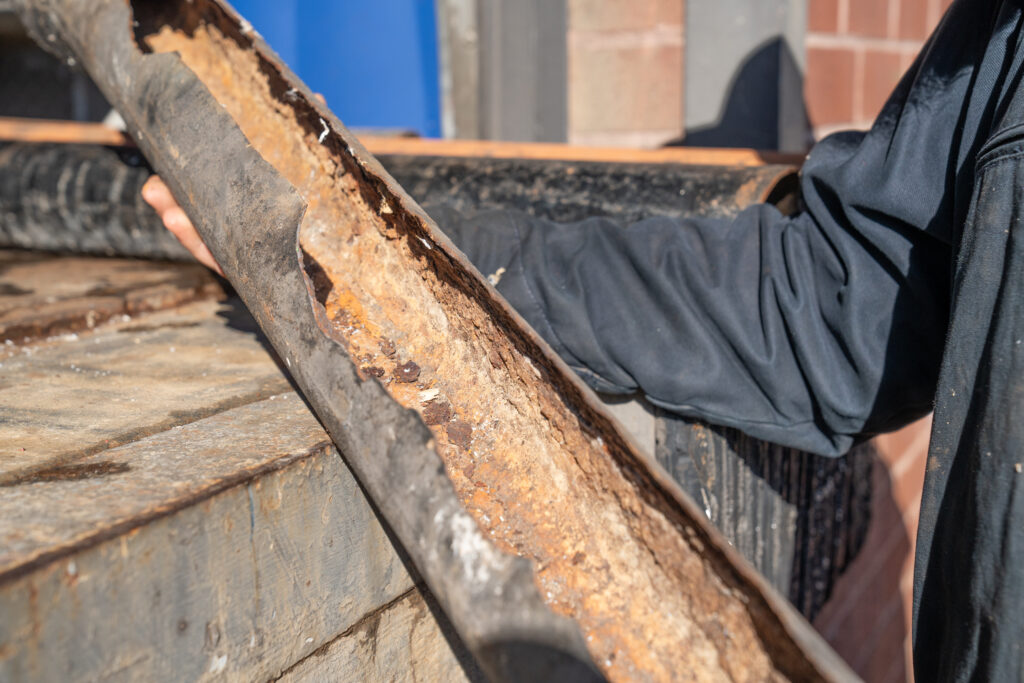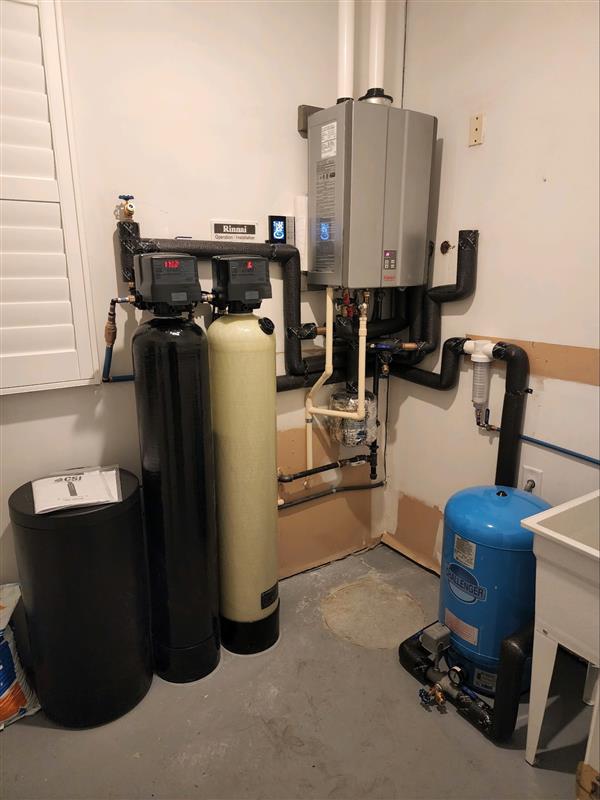Whether you’re considering a new air conditioning and heating unit and want to know what your options are, or if you’re simply curious about your current system, it can be useful to know if you have a heat pump or an AC and gas furnace combination, which is referred to as a “split system.” Before we dive into the details, it’s important to understand the basic pros and cons of either unit.
Heat Pump
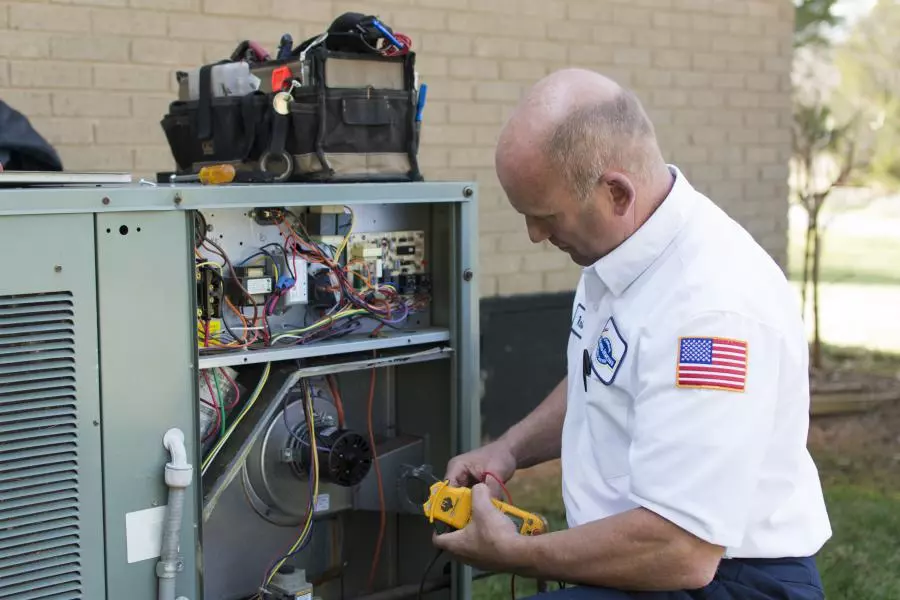
Pros:
- You don’t have to have access to gas—heat pumps run on electricity.
- No risk of Carbon Monoxide (CO) poisoning.
- Works the same as an air conditioner during the summer.
- Similar cost to a gas furnace.
Cons
- Doesn’t get as warm as a gas furnace.
- Requires better insulation in the house.
Split System:
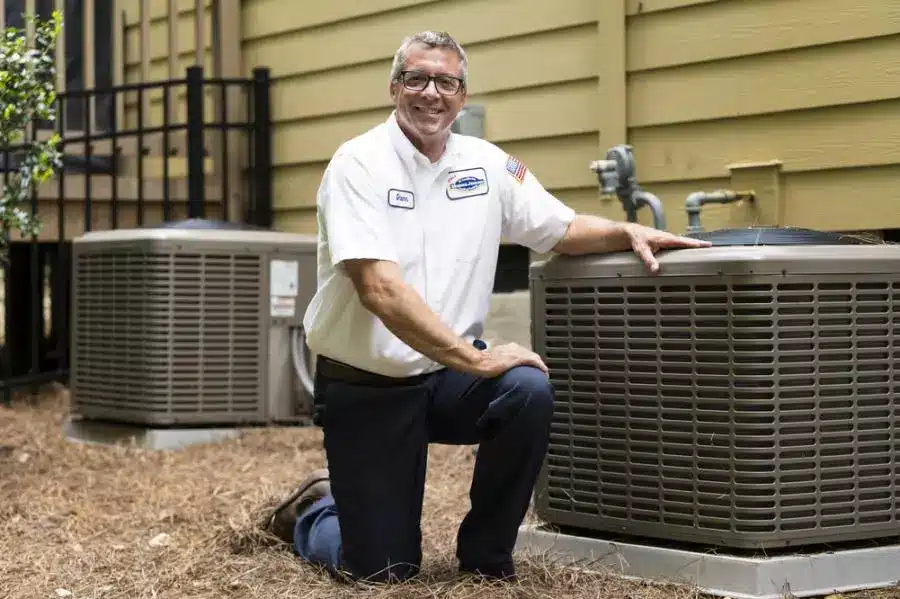
Pros:
- Gas furnaces provide more heat to your home.
- With annual inspections and servicing, a gas furnace is a completely safe option for your family.
- If the insulation in your house isn’t ideal, a gas furnace will have an easier time keeping up with your heat demands.
- Similar cost to a heat pump.
Cons:
- You must have gas available in order to operate a gas furnace.
- There’s a risk of carbon monoxide (CO) poisoning if you don’t have your system inspected and serviced annually.
Related: “The Silent Killer in Your Home”
Which Do You Have?
When you look at your outdoor unit, you won’t be able to tell if you have a heat pump or a split system. From the outside, the units look the same. The differences can be found in your attic, crawl space, or perhaps a utility closet within your house.
There are three ways you can tell which type of unit you have:
1.You pay a gas bill.
If you pay a gas bill, you’re more likely to have a gas furnace, and therefore you might not have a heat pump.
2.Your thermostat has emergency and/or auxiliary heating options.
If your thermostat has emergency and/or auxiliary (sometimes labeled aux) heating options, you do have a heat pump. Heat pumps have supplemental heating coils that are used to help temper the air in colder weather (auxiliary). These coils are also used to provide emergency heat in the event your outdoor unit isn’t working.
3. Certain piping, equipment
When looking at your indoor unit, if you see copper or black iron gas pipes and a flue pipe of either galvanized round metal piping or CPVC plastic white pipes, then you have a gas furnace.
Should You Buy a Heat Pump or a Split System?
There isn’t necessarily a correct answer.
When in cooling mode, a heat pump works the exact same as an air conditioner. The differences come into play during cooler weather, once you turn your heat on.
Furnaces can use natural gas, LP gas (propane), or oil. Most commonly, furnaces use gas.
Some people don’t have gas available, so a heat pump is a great option for their family because these run on electricity instead of gas.
If you do have gas available, how do you make the decision? Is a heat pump a better option for your family? Or should you consider a split system?
Heat pumps run on electricity, so there is no contained fire burning in your house like there is with a gas furnace. Because of this, heat pumps run no risk of Carbon monoxide (CO) leaks. On the other hand, gas furnaces are a little warmer, and as long as you have your furnace serviced and inspected annually, it can be a completely safe option for your family.
A properly sized and professionally installed heat pump can warm a well-insulated house just as well as a gas furnace. The cost of cooling and heating with either unit is similar, however, propane furnaces are significantly more expensive to operate. If you have a propane furnace, you can save a lot of money by simply replacing your unit with a heat pump system. Connecting that to your propane furnace can save you hundreds of dollars each year, and your home can still be just as warm. You can even keep your propane furnace as a source of backup heat in times of extreme cold.
Related: “Bigger isn’t Always Better: Which HVAC Size is Best for Your Home”
No matter if you decide on a split system or a heat pump, we at Morris-Jenkins will be there to help. Our technicians have been thoroughly trained and their trucks are well-stocked if a part is needed. They can install and service both types of units to ensure that your family stays comfortable year-round!
